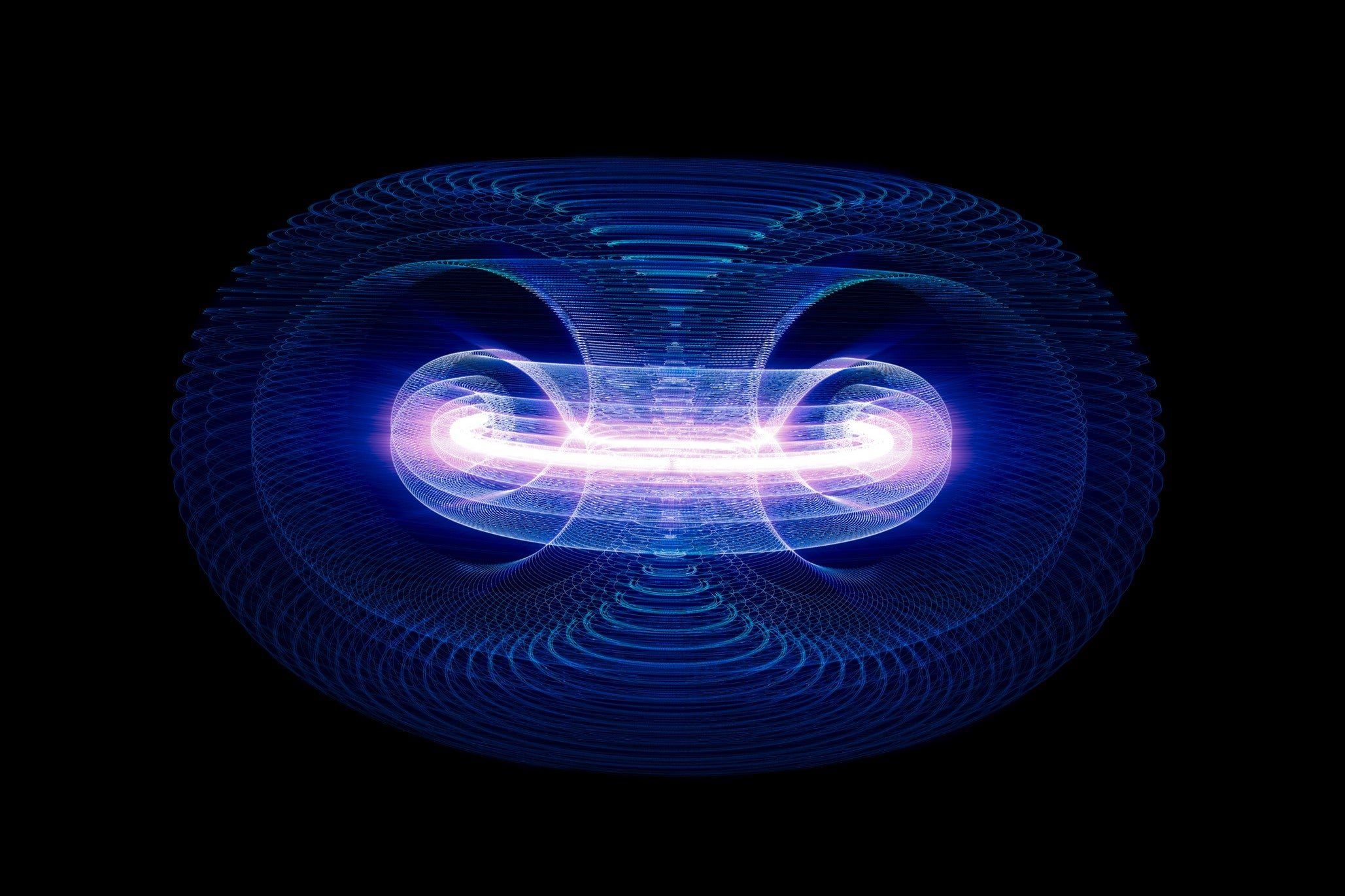Nuclear fusion needed to power future AI, OpenAI boss says
ChatGPT creator is looking towards ‘holy grail’ of clean energy

A nuclear fusion breakthrough is needed to meet the vast energy requirements of future artificial intelligence, according to OpenAI boss Sam Altman.
The ChatGPT creator currently handles hundreds of millions of queries daily, with estimates suggesting that this consumes around 1GWh each day – equivalent to around 33,000 US households.
As generative AI tools like ChatGPT improve in functionality and increase in popularity, this energy consumption is forecast to increase significantly over the coming years.
“There’s no way to get there without a breakthrough,” he said at a Bloomberg event at the World Economic Forum’s annual meeting in Davos on Tuesday.
“It motivates us to go invest more in fusion.”
Nuclear fusion has the potential to provide near-limitless energy by mimicking the natural reactions that occur within the Sun, leading some scientists to describe it as the “holy grail” of clean energy.
There have been several breakthroughs in recent years, with the most significant being the first ever fusion ignition at the Lawrence Livermore National Laboratory (LLNL) in 2022. This saw researchers achieve a net energy gain using nuclear fusion in a feat that the lab has since repeated.
Despite this development, commercialisation of nuclear fusion at a significant scale remains a long way off.
Mr Altman has personally invested $375 million in Helion Energy, a US-based nuclear fusion firm that is aiming to produce electricity at a commercial scale using the next-generation technology by 2028.
Last year, the company became the first in the world to secure a purchase agreement for nuclear fusion energy after Microsoft made it part of their plan to transition to clean energy sources by the end of the decade.
OpenAI currently relies on Microsoft’s servers and computing resources to power its artificial intelligence tools, meaning it would likely benefit from Helion Energy achieving commercial-scale production of nuclear energy.
Join our commenting forum
Join thought-provoking conversations, follow other Independent readers and see their replies
Comments
Bookmark popover
Removed from bookmarks